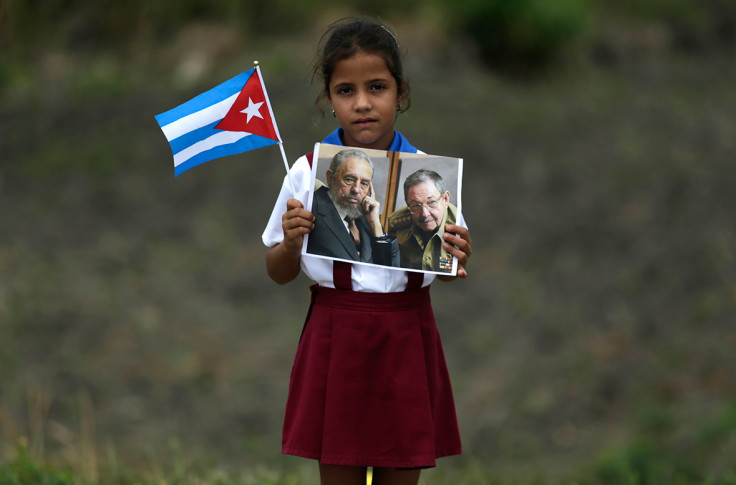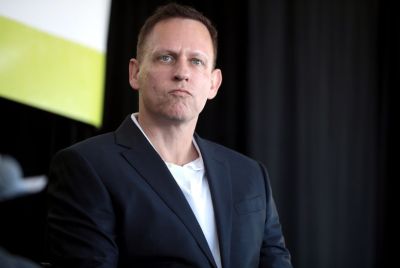Fidel Castro's ashes interred next to his hero José Martí
Fidel Castro is said to have told brother Raul he did not want to be honoured by statues or place names.
Fidel Castro's ashes have been interred at the Santa Ifigenia cemetary in Santiago, Cuba. His final resting place is just a few steps from another prominent figure in Cuban political history, José Martí.
The small private ceremony, which was due to be attended by Argentina football legend Diego Maradona, was held on the ninth official day of mourning for the former leader, who's life and death divided public opinion the world over. However, the strength of feeling for Castro in his native Cuba could not be denied as hundreds of thousands of Cubans lined the streets to bid farewell to the revolutionary leader.
Martí, a 19<sup>th century poet and revolutionary, was killed in battle against the Spanish, whom he was fighting for Cuban independence. Martí had written about the threat of US expansion into Latin America more than half a century before the US severed its diplomatic ties with the island.
Castro, who was the Cuban leader for 50 years died at the age of 90 on November 25. He has risen to power in Cuba in January 1959 after a successful communist revolution against US-backed dictator Fulgencio Batista and went on to set up a one-party socialist state in the country.
Surviving numerous attempts by the US to remove him from power by assassination, economic blockade and counter-revolution, Castro ultimately outlasted 10 US Presidents. He was eventually forced to retire due to ill-health and was succeeded by younger brother Raul in 2008.
Despite the huge outpouring of public grief in Cuba following his death, some have been critical of a leader whose principles some argue kept the people of Cuba in poverty, while others have spoken out about his oppression of opposition. However, others, often laud Castro's universal healthcare system, for example, as a model for the rest of the world.

© Copyright IBTimes 2025. All rights reserved.






















